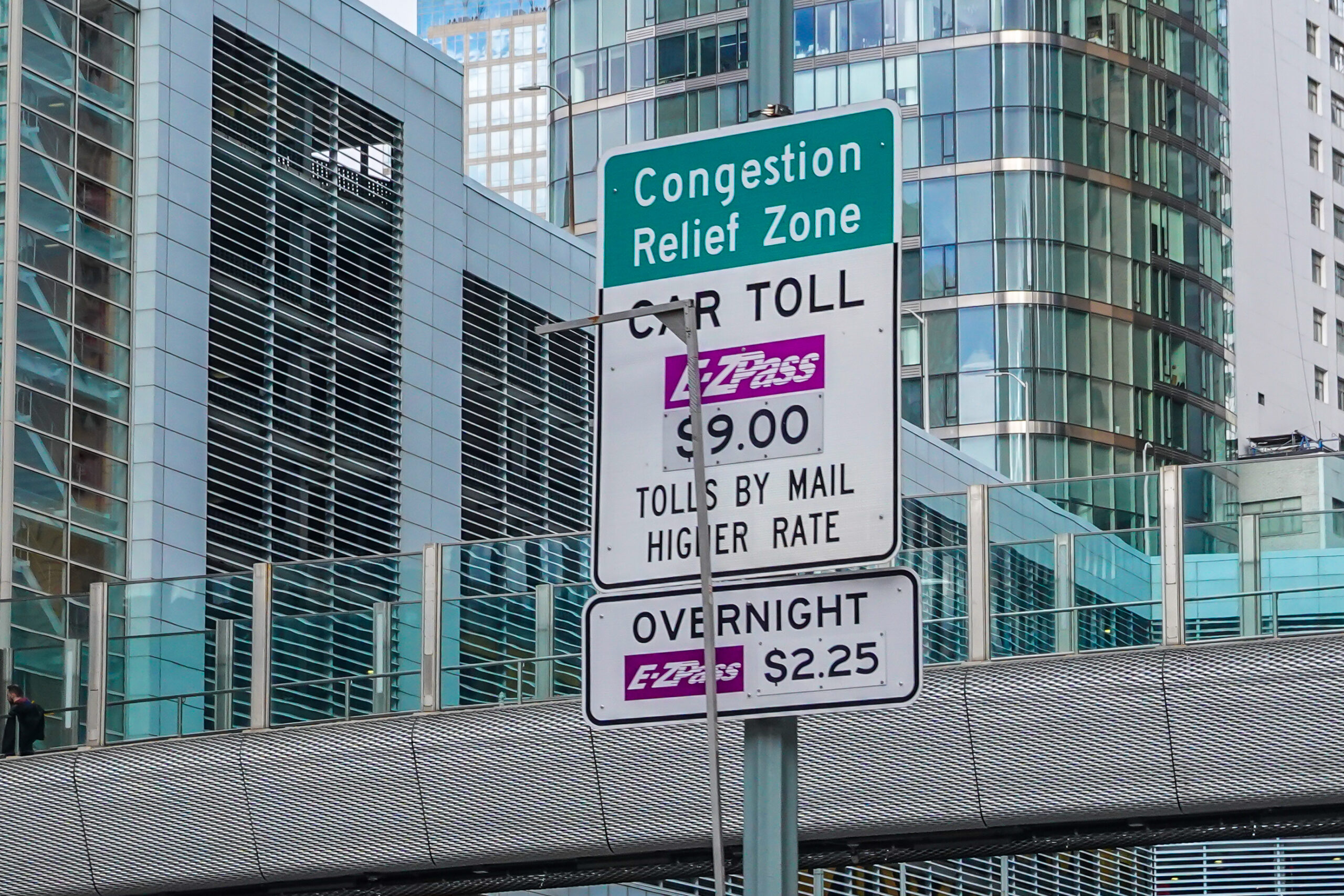NEW YORK, N.Y. — Federal prosecutors warned the U.S. Department of Transportation (DOT) of serious litigation risks in defending its decision to terminate New York City’s Central Business District Tolling Program (CBDTP), suggesting a more defensible route through Office of Management and Budget (OMB) regulations.
In a letter dated April 11, 2025, Assistant U.S. Attorneys Dominika Tarczynska, David Farber, and Christine Poscablo advised Senior Trial Attorney Erin Hendrixson that the rationale outlined by Transportation Secretary Sean Duffy is unlikely to survive judicial scrutiny. They instead proposed using OMB procedures to terminate the program based on changed agency priorities.
Key Points
- DOJ attorneys warned DOT of high litigation risk defending the termination of NYC’s CBD tolling plan.
- They proposed terminating the program under OMB regulations rather than challenging its legality.
- Courts are expected to view congestion pricing broadly, encompassing “cordon pricing” models like the CBDTP.
The CBDTP, was created to charge drivers entering Manhattan’s central business district, was threatened to be halted by Secretary Duffy, citing that it was impermissible “cordon pricing” and improperly aimed at revenue generation.
Prosecutors argued in their letter that courts are likely to interpret “value pricing” and “congestion pricing” broadly under the original legislation, and not restrictively as DOT now contends.
Citing prior court rulings and legislative history, the prosecutors stressed that the CBDTP’s tolling system falls well within the flexible and innovative traffic solutions envisioned by Congress when creating the Value Pricing Pilot Program (VPPP).
Alternative strategy through OMB termination procedures
Instead of arguing statutory ineligibility, the attorneys suggested DOT could terminate the CBDTP under existing OMB regulations, specifically citing that the agreement “no longer effectuates agency priorities.”
This approach, they argued, would better shield DOT from legal challenges asserting procedural violations or arbitrary decision-making under the Administrative Procedure Act.
The letter also noted that using the OMB route would align with plaintiffs’ own prior arguments that termination, if pursued, should follow cooperative agreement rules.
Significant risk of judicial setback
The prosecutors warned that continuing to defend the Secretary’s letter in court could lead to vacatur or remand, require assembling a thin administrative record, and risk exposing DOT officials, including the Secretary, to extra-record discovery.
They concluded that shifting to a termination based on a policy change would provide a more legally durable pathway while still allowing DOT to argue its substantive concerns with the program.

